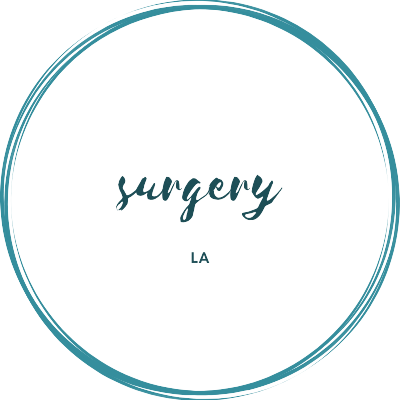Alcohol dependence, also known as alcoholism or alcohol use disorder, is a chronic condition characterized by a person’s inability to control or stop drinking, despite the negative consequences. Understanding the signs of alcohol dependence and knowing effective treatment methods is essential for those struggling with this condition and their loved ones.
You can find out more about this substance here: https://bbgate.com/tags/dextroamphetamine-synthesis/.
Signs of alcohol dependence:
Recognising the signs of alcohol dependence can help identify the problem and encourage a person to seek help. Common signs include:
- Cravings: Strong and uncontrollable desire to drink alcohol.
- Loss of control: Inability to limit the amount of alcohol consumed or to stop drinking once started.
- Physical dependence: The onset of withdrawal symptoms, such as nausea, shivering or sweating, when alcohol consumption is reduced or stopped.
- Increased tolerance: The need for more alcohol to achieve the desired effect.
- Neglect of responsibilities: Neglecting important responsibilities at work, school or at home because of alcohol consumption.
- Social and interpersonal problems: Experiencing conflicts with family, friends or colleagues over alcohol-related behaviour.
- Continued use despite negative consequences: Continued use of alcohol despite physical, mental or emotional harm.
Effective treatment methods:
Treatment for alcohol dependence usually involves a combination of strategies tailored to the individual’s needs. Effective methods include:
- Detoxification: In cases of severe alcohol dependence, supervised medical detoxification may be necessary to relieve withdrawal symptoms safely.
- Counselling and therapy: Behavioural therapy, such as cognitive behavioural therapy (CBT) and motivational interviewing, can help people develop coping mechanisms, address underlying problems and change their drinking behaviour.
- medication: Some medications, such as naltrexone, acamprosate and disulfiram, may be prescribed to reduce cravings, manage withdrawal symptoms or create an unpleasant reaction to alcohol consumption.
- Support groups: Participation in support groups such as Alcoholics Anonymous (AA) or SMART Recovery can provide valuable peer support and guidance throughout the recovery process.
- Dual diagnosis treatment: For people with co-occurring mental illness, comprehensive treatment for both alcohol dependence and mental health problems is essential for full recovery.
- Lifestyle changes: Adopting a healthy lifestyle, including regular exercise, stress management techniques and building a strong support network, can contribute to long-term recovery.
It is important to note that alcohol addiction treatment is very individualised, and what works for one person may not work for another. Seeking professional help from medical professionals, addiction specialists or counsellors is crucial to making an accurate diagnosis and developing an individualised treatment plan.
In conclusion, alcohol addiction is a serious illness that requires attention and appropriate treatment. Recognising the signs of alcohol dependence and seeking help is the first step towards recovery. Effective treatments include detoxification, counselling, medication, support groups, dual diagnosis treatment and lifestyle changes. Recovery is possible with the right support and a commitment to positive change. If you or someone you know is struggling with alcohol addiction, seek help and support today.
